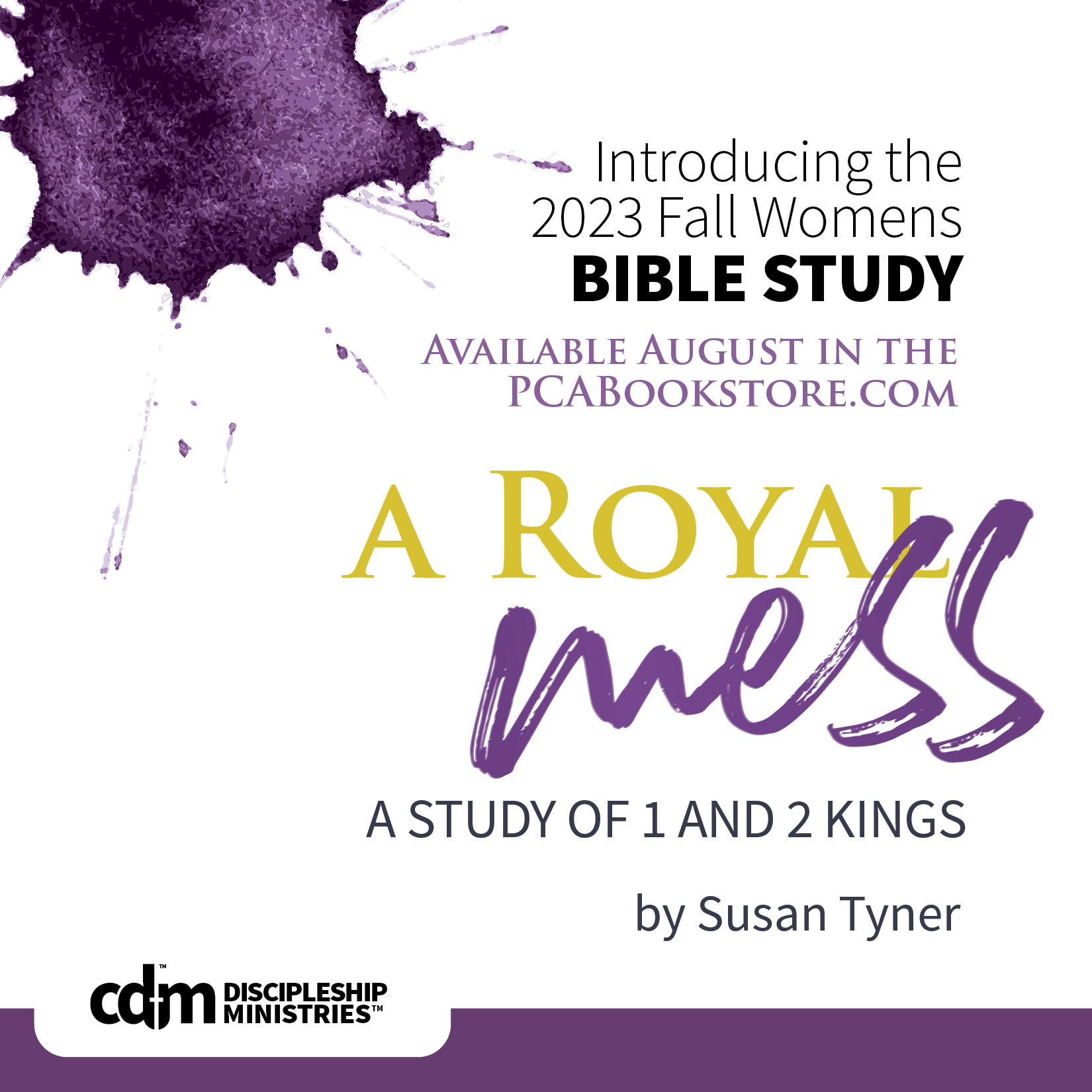Working Together Across Gender in the Church
HOLLY MACKLE|CONTRIBUTOR When my pastor, Bob Flayhart, asked me to help adapt his life sermon into a book, my immediate wash of excitement quickly turned to a flood of fear. In my experience, it’s hard not to dignify any relational conflicts that arise in inter-gender work with a weight they should never carry. This feels especially constraining in the body of Christ, where an often unspoken sense of higher stakes in working together betrays an underlying level of disunity in the church. As such, I imagined all the ways working alongside Bob could go terribly wrong—all the scenarios in which I could disappoint, frustrate, or annoy him. I spoke my hesitation to a friend who wisely didn’t quash it, but rather turned the tables to the what if. “What if one or all of those things do happen?” she pressed. “I don’t knoooow,” I whined. “What would I do?” Instead of looking at me like I had three eyeballs, in a level, somehow non-judgmental tone she replied with the answer whose obviousness still stuns me to this day: “You waltz.” Oh right. Got it. It seemed my wash of fear would be a good place to employ the very framework Bob asked me to help adapt from sermon into book form, which he termed the Gospel Waltz. It also happens to be the precise skill to which I am witness number one as to its transformative power. Yet how quickly I forget. I am a writer who works largely in collaborative contexts, sometimes alongside the men of our church, which means this is hardly the first time this fear has flared. And I know I’m not alone, as so many women in the church labor alongside men in ministry and service contexts. The questions of what to do if I disappoint him or annoy him aren’t unique to me, and the truth is they barely scratch the surface of the deep-seated fear. It strikes me that the real question as we seek to work together across gender is: how do we do this well? How do we honor the Lord in our projects, planning, and partnership both within the church and out into the larger world?...










